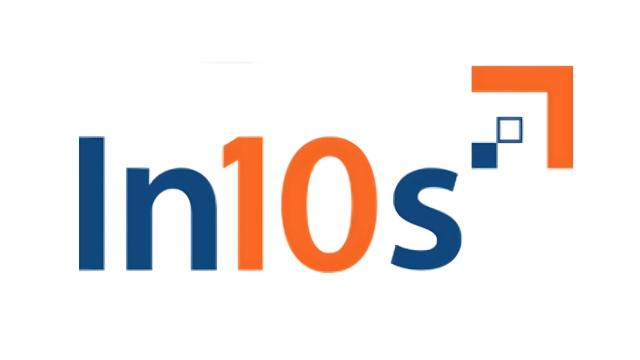Indian Companies Increase Cybersecurity Spending Amid Rising Threats

Following recent tensions between India and Pakistan, Indian companies are increasing their cybersecurity defenses in response to heightened cyberattacks. Large and mid-sized firms, particularly in the BFSI (banking, financial services, and insurance) sector and those managing critical infrastructure, are reassessing their cyber readiness. Data from Kaspersky's ICS CERT report for Q1 2025 indicates that malicious objects were blocked on 19.1% of industrial control systems (ICS) computers globally.
Cybersecurity firms report that these companies are now investing in security upgrades. Securonix’s India director, Dipesh Kaura, noted that even a single ransomware attack could cost a company ₹10 crore, significantly impacting revenue. Advisories shared with corporations, banks, and critical infrastructure players highlighted a spike in cyberattacks targeting India, prompting CISOs (chief information security officers) to review cyber defense mechanisms.
Enhanced monitoring, risk assessments, and increased budget allocations for cyber resilience are gaining traction, with inquiries doubling in the last month. SCS Tech, an IT and cybersecurity solutions provider, has seen a 30–40% surge in enterprise inquiries related to geopolitical cyber risks across both government and private sectors. The turnaround time for finalizing deals has also accelerated, compressing timelines from years to months.
Industry experts anticipate this heightened cyber activity to persist for the next two to three months, especially affecting companies with critical infrastructure, defence systems, and BFSI. Tech companies are also reviewing their cybersecurity frameworks, making it a boardroom priority to mitigate threats. Tredence's CISO, Manoj Kuruvanthody, explained that companies are now incorporating geopolitical conflicts into their continuity planning and intensifying red-teaming exercises and strengthening distributed denial-of-service (DDoS) defenses. DDoS attacks flood target systems with traffic, disrupting service for legitimate users.
Cyberattacks are expanding beyond critical sectors, now impacting the consumer products space and online education. Raj Dogra, CIO at upGrad, emphasized that the online skilling segment is vulnerable due to its management of vast personal data repositories. UpGrad has taken proactive steps, including simulation drills and cyber hygiene education.
Cyber firms stress the importance of actively blocking attacks in real-time, particularly zero-day and supply-chain attacks. Vrajesh Bhavsar, cofounder of Operant AI, noted that many companies are still maintaining outdated security tools, which are ineffective against current cyber threats. Brijesh Patel, founder of SNDK Corp, added that many private sector organizations operate with under-patched servers and inadequate implementation of firewalls and antivirus systems.












